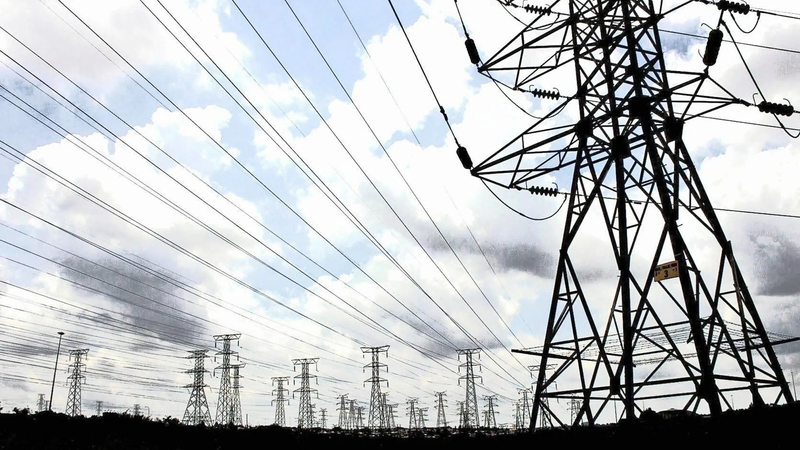South Africa’s manufacturing sector is facing continued challenges, with activity remaining in contractionary territory as global trade tensions and a return of crippling load shedding take their toll on the economy. February saw the seasonally adjusted Absa Purchasing Managers’ Index (PMI) fall to 44.7, down from 45.3 in January, marking the fourth consecutive month of contraction for the sector.
Persistent Struggles in the Manufacturing Sector
The Absa PMI, which is compiled by the Bureau for Economic Research, painted a grim picture of South Africa’s manufacturing landscape. While the figure represents a slight improvement from the previous month, it still signals a subdued performance, with manufacturing activity failing to rebound from its poor performance at the close of 2024.
The business activity index, which gauges the health of manufacturing activity, dropped sharply by 2.9 points to 40.6 in February, indicating weaker demand and ongoing challenges with material supply. Similarly, the new sales orders index also took a hit, falling to 38.7 points from 42, largely due to a slump in export sales.
Export Sales Hit by Global Factors
The decline in export sales has been a key factor driving the sector’s poor performance. Global trade tensions, logistical bottlenecks, and weak international demand have all contributed to pushing export sales deeper into contraction. S&P Global highlighted that manufacturers in the UK are also facing a similarly challenging environment, citing growing uncertainty around global trade dynamics, with some manufacturers specifically noting that tensions in South Africa-US relations have worsened their outlook.
Load Shedding’s Ongoing Impact
The return of load shedding in late February, particularly the implementation of up to Stage 6, has added to the woes of South African manufacturers. Eskom’s power outages, stemming from multiple unit trips at power stations such as Camden, Majuba, and Medupi, have exacerbated supply chain disruptions, further dampening production capacity.
In addition to energy woes, the rand’s weakness has contributed to rising fuel prices, which increased for the fourth consecutive month in February, putting additional pressure on manufacturers. This has led to an uptick in the purchasing price index, which rose by 2.2 points to 70.4, highlighting increasing costs faced by manufacturers.
Weak Employment Conditions
The continued contraction in business activity and export sales has led to a further dip in the employment index, which decreased by 2.3 points to 42.2. This marks the eleventh consecutive month of contraction in employment levels within the manufacturing sector, underlining the persistent weakness in South Africa’s economic recovery.
Mixed Signals on Supplier Deliveries and Inventories
While the manufacturing sector struggles on the demand side, there was a surprising increase in the supplier deliveries index, which rose by 5.1 points to 55, suggesting slower delivery times. This could be a sign of constrained supply chains and slow-moving orders, further indicating that manufacturers are not seeing the much-needed uptick in demand to sustain business growth.
Similarly, the inventories index saw a slight rise, moving from 46.5 to 46.9, suggesting that businesses may be holding on to stocks in anticipation of future demand.
Outlook Remains Uncertain
Looking ahead, the outlook remains cautious. The index tracking expected business conditions in the next six months fell by 4.4 points to 60.5, though it remained in expansionary territory. With weak demand persisting and ongoing supply-side challenges, manufacturers are grappling with rising costs and an uncertain global environment.
In conclusion, the latest PMI data paints a challenging picture for South Africa’s manufacturing sector. While there are some positive signs in certain areas, the ongoing global trade uncertainty and domestic power supply issues are likely to continue to constrain growth in the sector for the foreseeable future.
